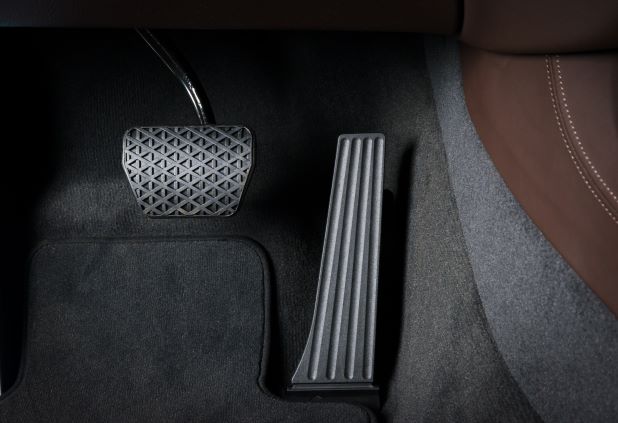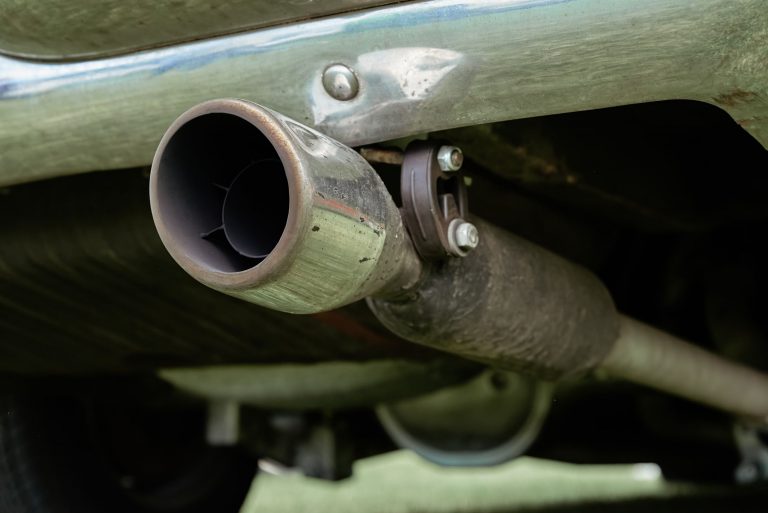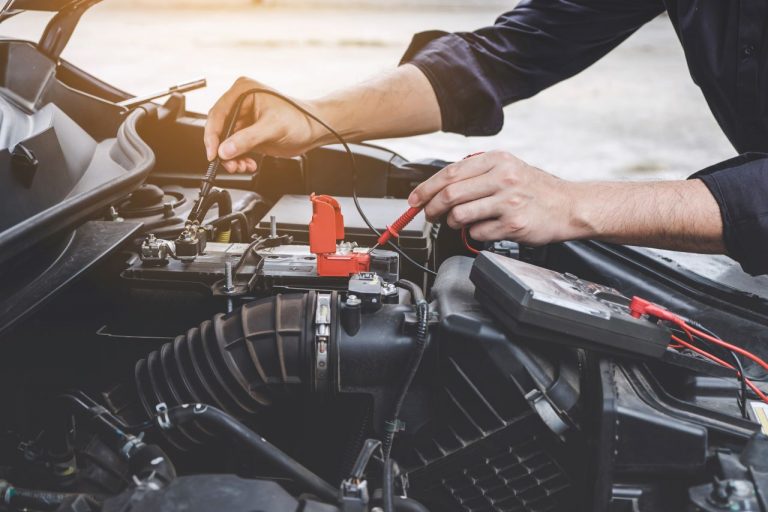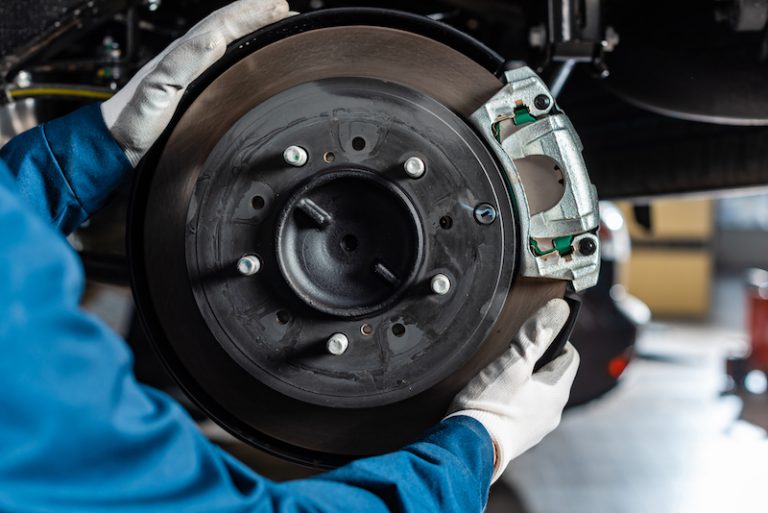Clogged Catalytic Converters: Top Symptoms and Causes
Your car’s performance is the result of how every component within works together. One of the most crucial elements of your car’s machinery is the exhaust system. This important system plays a vital role in managing and expelling waste generated by combustion in the engine, ensuring your vehicle operates efficiently and is environmentally responsible.
The exhaust system is a carefully engineered network composed of many components, each with a specific role. Among many other crucial car parts, the catalytic converter is amongst the most important, responsible for emission control.
Functioning as the pollution-reducing element, the catalytic converter transforms harmful gases into less harmful substances before they exit the vehicle. However, if this vital component becomes clogged, it can start to cause huge problems within your vehicle.
If you suspect you may have an issue, or want to know what to look out for, we have made a list of the top symptoms and causes of a clogged catalytic converter. These points should shed light on why regular attention is crucial for the well-being of your car.
Let’s get started!
Common Symptoms of a Clogged Catalytic Converter
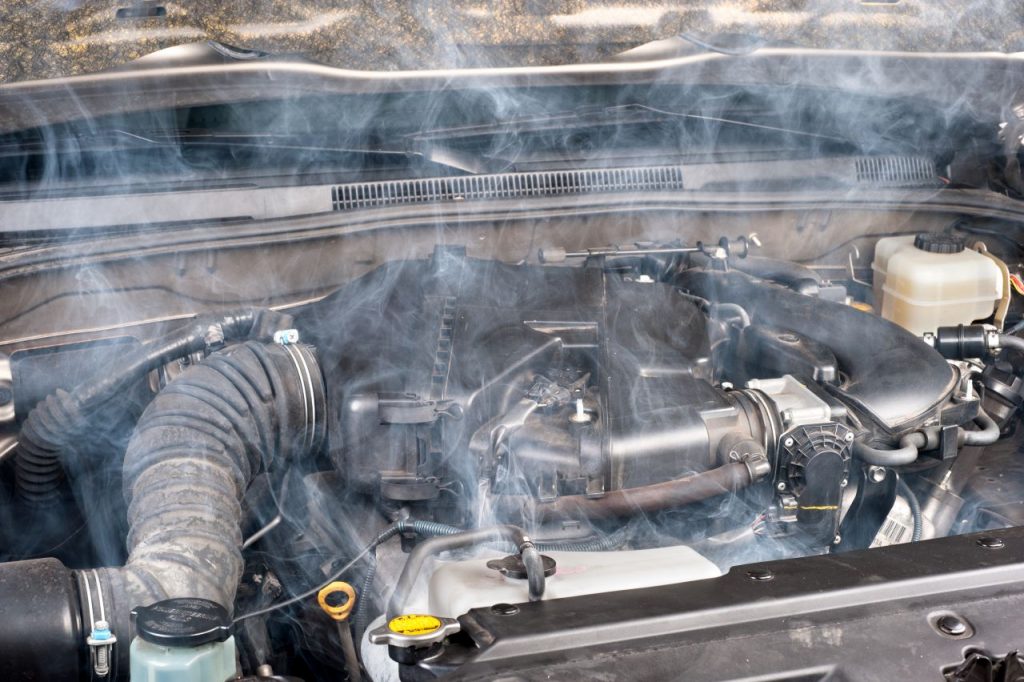
1. Reduced Engine Performance
One of the most common symptoms of a clogged catalytic converter is that your engine’s performance will start to significantly decrease. When it becomes congested, your catalytic converter will stop the normal flow of exhaust gases through the exhaust system. This obstruction restricts the efficient expulsion of gases from the engine, leading to reduced acceleration and power.
2. Decreased Fuel Efficiency
Another noticeable symptom of a clogged catalytic converter is if you’ve noticed your car is starting to burn through more fuel. A blockage in your catalytic converter will mean it’s harder to remove waste gases from your car’s systems, increasing the fuel needed to do so.
3. Excessive Exhaust Smoke
If you see thick, dark smoke pouring out of your tailpipe, it’s time to consider the possibility of a clogged catalytic converter. The smoke might have a distinct, unpleasant odour, signalling incomplete combustion within the engine. This symptom is not only an environmental concern but also a warning sign of potential engine damage. Ignoring this issue can lead to further problems down the line, such as reduced fuel efficiency and increased engine wear.
4. Engine Overheating
Engine Overheating is a clear symptom of a clogged catalytic converter. The restricted airflow can cause exhaust gases and heat to build up in the engine. With this head unable to escape, this can cause your engine to overheat. If you’re noticing issues with your engine’s temperature over time, it means there could be something wrong with the catalytic converter.
5. Trouble Starting the Car
This symptom is linked to the fact that a blocked catalytic converter affects the performance of your engine. When the engine doesn’t function as it normally should, you may have more difficulty in starting your car. For instance, it may take longer to turn over or struggle to start altogether. If you face these issues repeatedly, especially coupled with other signs like reduced acceleration and poor fuel efficiency, it’s advisable to have your catalytic converter inspected.
Causes of a Clogged Catalytic Converter
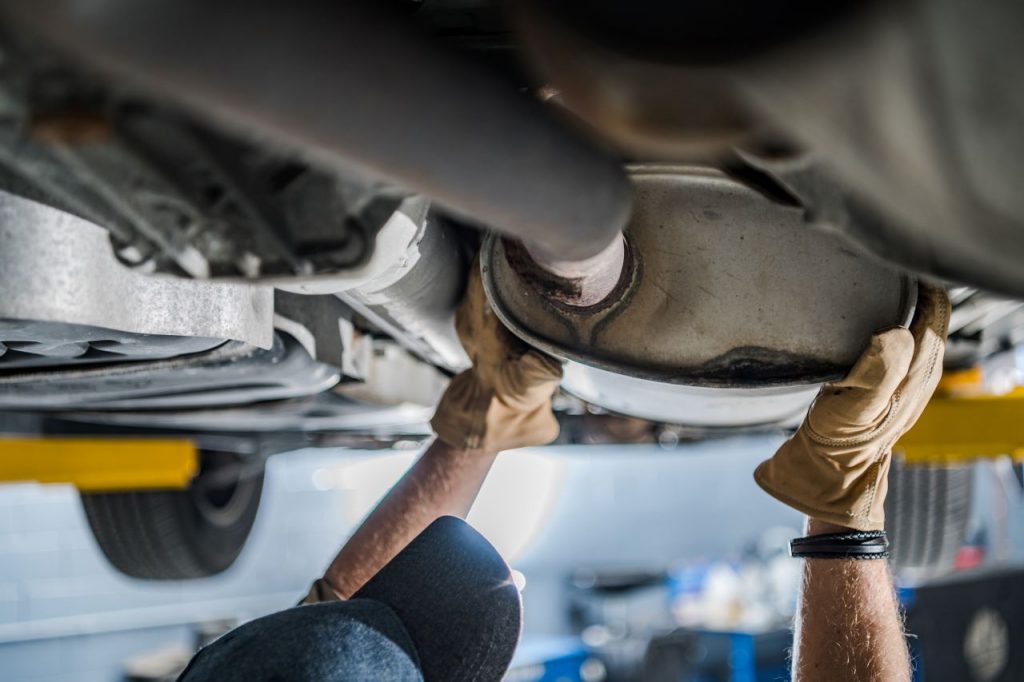
1. Build-Up of Carbon Deposits
The process of fuel being converted into power inside the engine is called combustion. When combustion takes place, it leaves behind soot or carbon deposits. Over time, the soot can accumulate in the catalytic converter, to a point where it becomes completely blocked.
2. Physical Damage
If your car has suffered physical damage (for example, driving over speed bumps too quickly), it can cause damage to your catalytic converter. Any kind of physical damage to your car’s underbelly, such as dents or cracks could contribute to a blocked catalytic converter.
3. Misfires and Rich Fuel Mixtures
When an engine runs excessively rich, meaning it receives an abundance of fuel in comparison to the optimal air-fuel ratio, it can result in unburned fuel. This unburned fuel can flow into the exhaust system, reaching the catalytic converter in a raw and unprocessed state. Over time this can accumulate in the catalytic converter and cause damage and blockages.
Issues With Your Catalytic Converter? Visit In Town Automotive
The catalytic converter is a vital component of your car’s engine. If it becomes clogged, ignoring the issue can wreak havoc to your engine over time. To avoid this, it is recommended you regularly service your vehicle, as well as getting it checked out as soon as you notice a problem.
At In Town Automotive, we have years of experience in servicing and repairing vehicles across Northamptonshire. Our extensive knowledge helps us to identify any hidden problems in your car and deliver effective solutions. Regardless of the issue, whether it is with your catalytic converter, piston rings, or the exhaust system, we can provide reliable repairs to ensure your car’s optimal performance.
We also offer services like brake repairs, cambelt servicing, DPF cleaning, turbo replacements, and much more. If your car is due for an MOT, we also provide MOT checks.
Contact us today to schedule a thorough inspection and let us take care of your vehicle.



